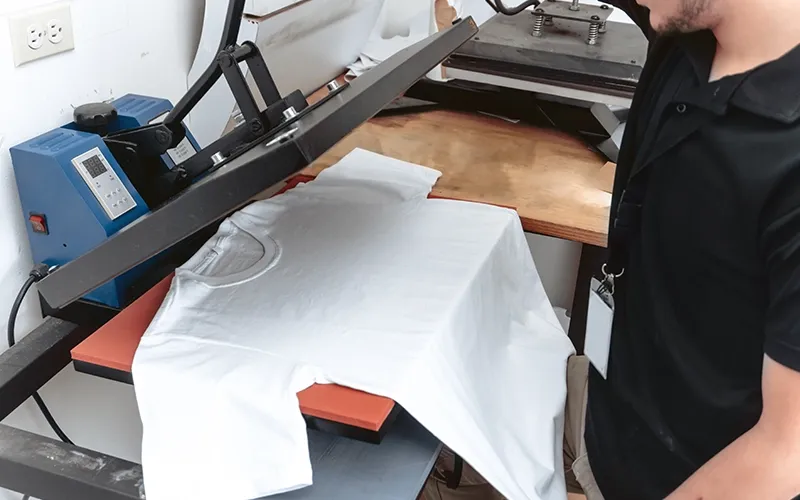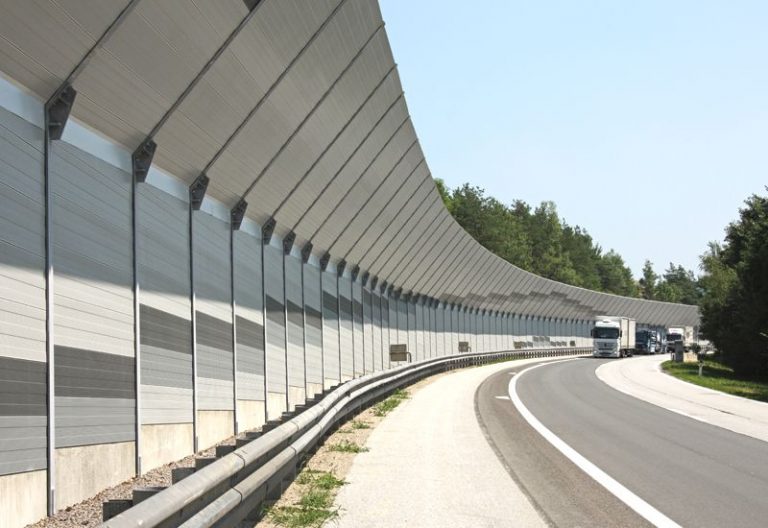The Role of Custom DTF Transfers in Sustainable Fashion
An always-changing movement that prioritizes ethical principles, environmental responsibilities, and creative ideas for reducing the effect of the fashion business on the environment is sustainable fashion. Growing customer awareness drives firms to find fresh ways to include sustainability into their manufacturing techniques. A custom dtf transfers are one such approach that is becoming rather popular. Apart from providing design flexibility, this technology conforms to the ideas of sustainable fashion.
Reducing Waste through Customization
Custom DTF transfers have several main benefits, foremost among them their capacity to reduce waste in the fashion production line. Large amounts of fabric and supplies are sometimes required for traditional printing techniques, which generates notable waste. DTF transfers let companies print just the required designs on-demand, therefore lowering excess stock and ultimately fabric waste. This customizing motivates companies to do limited runs and promotes a more careful manufacturing method, which is absolutely essential for sustainability promotion.
Eco-Friendly Materials
Eco-friendly inks and materials allow custom DTF transfers to be produced with much less environmental impact than traditional printing techniques. Water-based inks used in DTF printing lower toxic chemical runoff, so they are a safer choice for the environment as well as for the people engaged in the manufacturing. Choosing eco-friendly materials for DTF transfers can help firms fulfill their sustainability goals and meet the growing customer demand for environmentally conscious products.
Energy Efficiency in Production
The DTF transfer technique is by design more energy-efficient than conventional screen printing techniques. DTF transmits less overall carbon footprint linked with garment manufacture by using shorter setup times and less energy-intensive machines. This efficiency not only helps to reduce manufacturing expenses but also fits the objectives of sustainable fashion, which aims to cut resource use.
Empowering Ethical Production
Individualized DTF transfers enable small and independent fashion firms by giving them the ability to generate original designs without the necessity of large production facilities. Fashion’s democratization lets designers and artists realize their ideas and support moral manufacturing methods at the same time. These companies can concentrate on quality above quantity by using DTF transfers; therefore creating clothing that speaks to ethical consumers and reflects their ideals.
Adoption of technology like custom dtf transfers a hopeful path towards a more sustainable future as the garment business is struggling with its environmental influence. DTF is changing the field of sustainable fashion by lowering waste, using environmentally friendly materials, raising energy efficiency, and enabling ethical manufacture.




